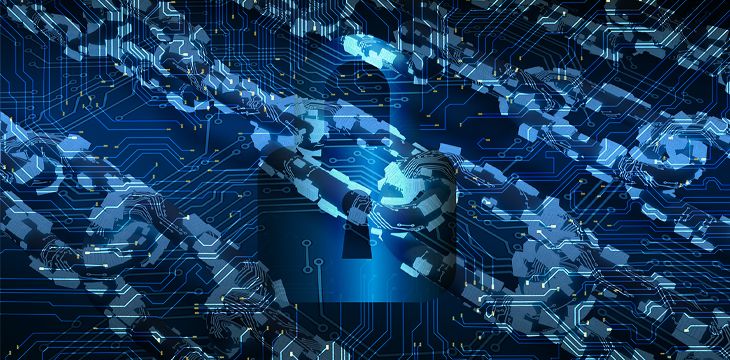
The idea that blockchain technology is not a legitimate facet of the business industry has already been shown to be illegitimate, but it just lost a lot more strength. As countries across the globe are battling the coronavirus, they are establishing policies and procedures for their respective workforce, ordering the majority of businesses to temporarily shut down. The exception to this requirement is any job considered to be critical to maintaining the country’s supply lines. According to the U.S. Department of Homeland Security (DHS), the blockchain is mission-critical, and certain blockchain managers are exempt from stay-at-home policies.
The DHS, through its Cybersecurity and Infrastructure Security Agency (CISA), has laid out (in pdf) the framework for the “Critical Infrastructure” of the United States. In a notice from March 19, it breaks down President Trump’s Coronavirus Guidance for America, which asserts, “If you work in a critical infrastructure industry, as defined by the Department of Homeland Security, such as healthcare services and pharmaceutical and food supply, you have a special responsibility to maintain your normal work schedule.”
Tasked with describing how that framework is designed to work, the DHS includes a list of covered industries, which is designed to “inform critical infrastructure community decision-making to determine the sectors, sub-sectors, segments, or critical functions that should continue normal operations, appropriately modified to account for Centers for Disease Control (CDC) workforce and customer protection guidance.”
Included in the list are a number of categories that are essential for the country to maintain some semblance of order—health care, law enforcement, energy and food and agriculture, among others. On the list of areas that are covered by the food and agriculture heading, the DHS lists “Employees and firms supporting food, feed, and beverage distribution, including warehouse workers, vendor-managed inventory controllers and blockchain managers” as an essential component.
One of the many useful functions of the blockchain is in supply chain management, providing a mechanism that allows for complete tracing of products from their origin to the final consumer. This is something that has never before been possible with any other supply chain solution—only through the implementation of blockchain technology—and being able to track consumer products from start to finish is more important than ever. Not only will it help ensure produce and other consumables are safe, but it will also reduce the possibility of counterfeit products hitting the market.

 09-20-2024
09-20-2024


